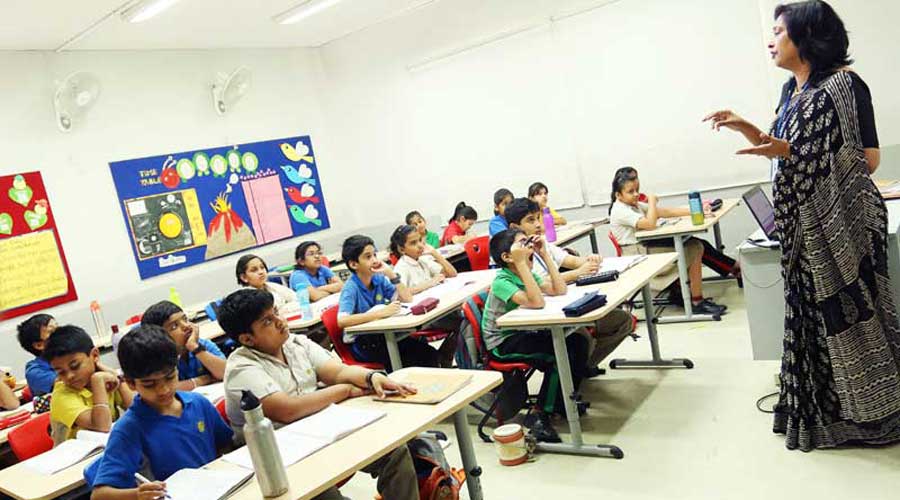The long closure of physical school is taking a toll on parents of children with disabilities who have to monitor them round-the-clock, at times without any help.
Before the pandemic, children would go to centres or schools and parents would use that time to “gain energy to give it back to their children”, the head of a school for individuals with disabilities said.
Many parents are working from home and monitoring their children 24X7 — apart from their office and house work — making them lose patience, which is also having an impact on the children.
Special schools are conducting online classes and parents or a guardian on most occasions have to sit with the child during class to ensure learning and participation.
A school told parents that they would also make the children eat during class, a skill that they need to learn. There was resistance to it and a mother said: “it is I who would have to make him eat even if it is during class.”
“It is becoming increasingly taxing for parents. Before the pandemic, they would get three-four hours free time, which they are unable to get now. Taking care of children with disabilities requires more time and energy and many parents are naturally losing patience with their children,” said Sudeshna Chowdhury, the principal of Bhabna Child Development Centre that caters to individuals with autism and intellectual disabilities.
Chowdhury said that the parents’ frustration is creating an unhappy circle, with a direct impact on the children. “If parents feel better, they can guide the children better. If they are upset or depressed, it impacts children negatively,” she said.
A parent of two children with autism said that other parents should take an initiative to invite children with disabilities to their homes.
“They have nowhere to go. The school was a place they looked forward to. As a parent, I have to constantly think of ways to keep her engaged,” said Sunanda Manna whose elder daughter has autism.
Her younger child, without any disability, is five and also has online class that Manna has to monitor.
The long restricted lifestyle is making children restless. “Children get anxious, at times also violent, and parents do not know how to handle them, leading to more stress,” said psychologist Ishita Sanyal, the founder of NGO Turning Point.
In some homes there are children with and without disabilities and parents have to divide their time.
“Whether it’s a working mother or a homemaker, they are facing a challenge in managing time. It requires time and emotional energy to take care of a child,” said Indrani Basu, founder, Autism Society West Bengal.
The difficult situation for parents has also led to lapses. Two children with disabilities had slipped out of their house without the parents’ knowledge.
“Parents are asking us when schools will reopen. In most cases, parents have to be with the child and prepare them for class. It is important for parents to have some time for their relaxation to gain energy for themselves,” said Anamika Sinha, director, Manovikas Kendra.
